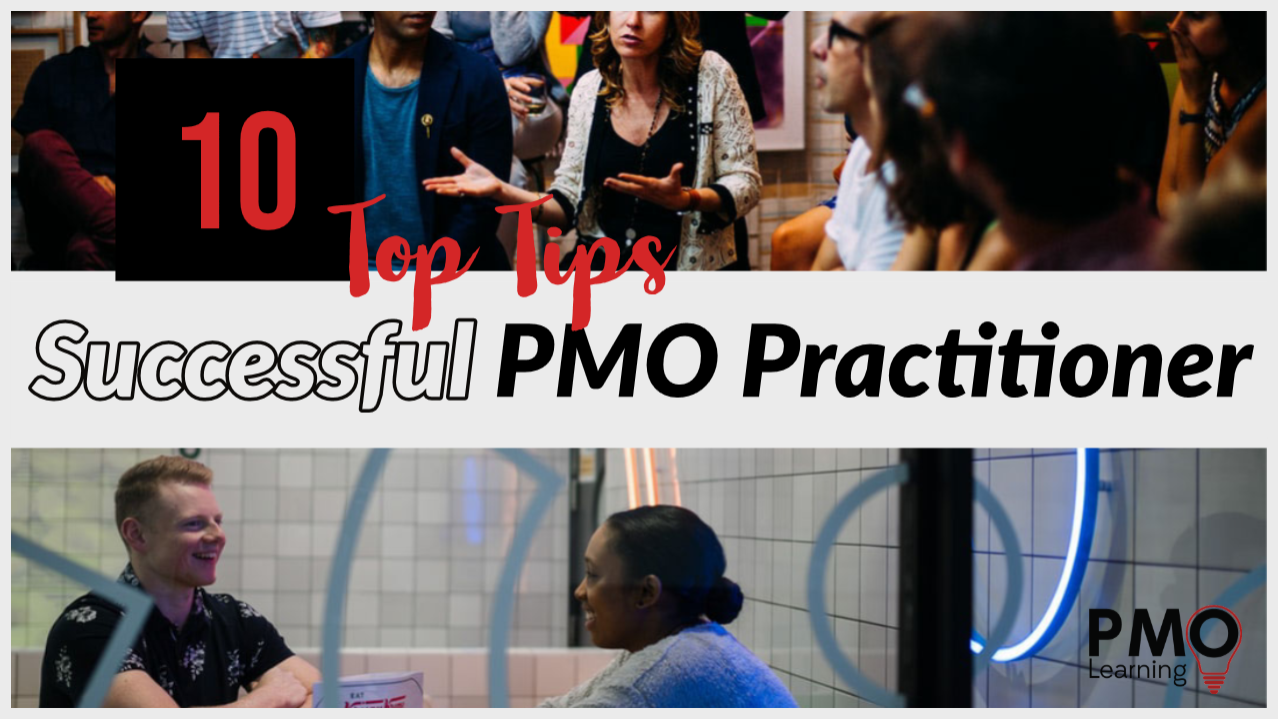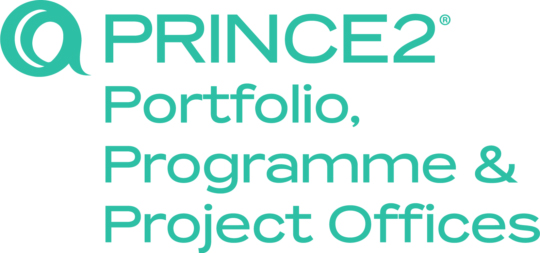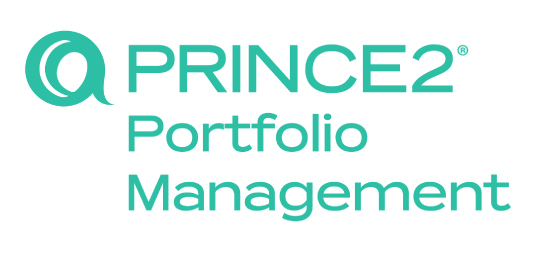You want to be great at your job yes? No-one wants to be an average PMO practitioner so we’ve put together ten career tips to being a great PMO practitioner.
1. Keep up to date on the technical aspects of PPPM
That’s project, programme and portfolio management. Staying committed to your profession means investing the time and energy into staying current with new thinking and techniques in PPPM. It doesn’t need to be full training courses; you will most likely get all the information you need from seminars; trade journals and online resources. Keeping up to date means not only will the new techniques weave their way into your PMO and it could also mean new opportunities in the future for you.
2. Take accreditations
Find the right balance between accreditations that the marketplace demands and what you need for professional growth. You can opt for the certification based training – such as P3O or PPSO which is perfect for your PMO role. You can also opt for certifications in project, programme and portfolio management too. Both will be useful in your career for sure.
3. Keep your mind open to new experiences
The direction your career takes contributes to the success you will achieve. The great thing about a career in PMO is that the direction is never really that clear. Changes in an organisation; new products and services lead to new programmes and projects; and changes within the PMO – these are the changes can all impact the direction our career could take. Be aware of operating within your comfort zone and actively seek out new opportunities that will provide stretch goals. Equally, be open when approached about opportunities that can seem a bit left-field. Dismissing them out of hand without investigating further could be a great opportunity missed.
4. Keep a wider view on your industry
Not just from a project management point of view but also your sector; domain and skill set. The temptation when working in a certain type of PMO within a sector is rarely lifting your head and seeing what’s happening in other parts of the industry. One of the great aspects of being a PMO practitioner is knowing that your skills are transferable to other industries and other types of PMO. It’s up to you to make sure you’re aware of what’s happening in different organisations and different PMOs – a great way to do this is to extend your own PMO network to meet others. Check out PMO Flashmob to help you start doing that.
5. Expand your repertoire
Being a PMO practitioner means you’re able to get into lots of different aspects of business change and supporting programmes and projects. Expanding your knowledge into different PMO service areas is a good place to start. If you’re not knowledgeable or experienced in say, financial management of projects now is the time to find a way to start gaining that experience. Speak to the Project Manager, or find help from the finance team – find a willing mentor, start doing something to address some of the gaps you have.
You can also start to learn about new techniques; technologies or areas of change that you might not have dipped into before. For example, you might not be working in a portfolio PMO at the moment but that doesn’t stop you reading and learning about it.
6. Active career management
Taking a more proactive approach to managing your career rather than letting it just happen can bring both objective and subjective success. Rate increases, contract after contract if you’re currently a freelancer, will depend heavily on success in the last contract and how you use that success to gain the next contract at a higher rate. Active career management is about planning your freelance career to increase your saleability, to head off competition and position yourself as “the cream of the crop”. Active career management also means focusing on the other aspects of your life that led you to freelancing in the first place. Building adequate work/life balance plans so the goals you want to achieve professionally and personally are covered.
With a permanent role, it’s just as important that you take an active part in your career management – don’t just leave it to the organisation you currently work with. We have a habit of just going with the status quo and being happy with the training our organisation thinks is the right ones for our career. Active career management is about planning and putting in place the building blocks that lead us to where we want to get to. To get help with this, take a look at the careers coaching we do here at PMO Learning.
7. Be self-aware
The importance of the behavioural aspects of anyone working in a project management role are well documented. Your personality and approach to the work you do has far-reaching consequences – on your immediate team; stakeholders and senior management. Being self-aware, understanding how others see you and how you influence their work is one of the first steps to getting better at communication and people management. This naturally leads to understanding more about the complexities of people…
8. Get interested in psychology
As a PMO practitioner you’re working with and building relationships with people all the time. Understanding more about human behaviour and more specifically occupational psychology can help us perform better with the people on which our success depends. Psychological models are already underpinning a lot of the management techniques we use to negotiate; influence; motivate and instigate change. Find out more about current and emerging models and see how they help you both professionally and personally. A good place to start is cognitive bias something we see at play all the time in the work environment.
9. Develop listening skills
A successful PMO practitioner is one that knows the truth of the quote, “We have two ears and one mouth so that we can listen twice as much as we speak.” Epictetus. It shouldn’t need explanation however it is a reminder that the PMO supports successful delivery within the organisations and how we do that has to be in line with what our organisations want us to do. That means asking the questions and really listening to the answers. We cover this on the Coaching Skills for the PMO course.
10. Remember the answers are in the grey bits – it’s not always black and white
If project management was black and white, all projects would be successful. The trick to being more successful than others is recognising that it is never that easy or straightforward, that the answers that make the difference are always in the grey areas. We need to think differently about the problems we’re facing and providing alternative solutions. The PMO is there to provide an environment where projects and programmes can thrive, it’s never easy and sometimes it’s thinking outside the box that brings a resolution that works.
What would be your number 11?
Enjoying Our Blog?
Sign up and receive all our articles (we’ll send you an update once a week!) plus special offers and events:







